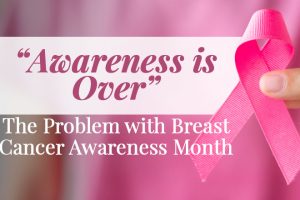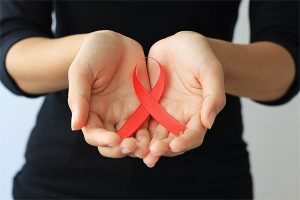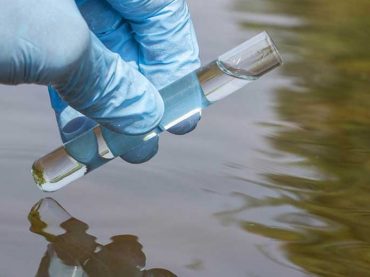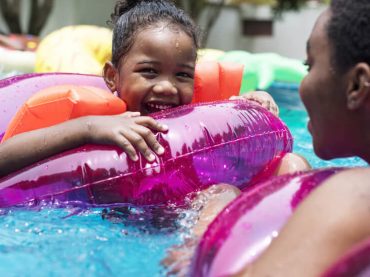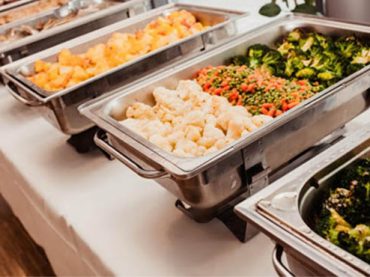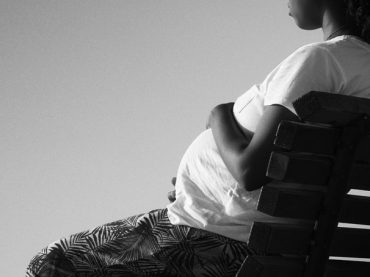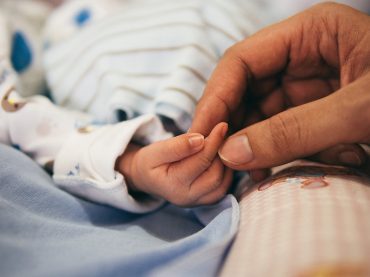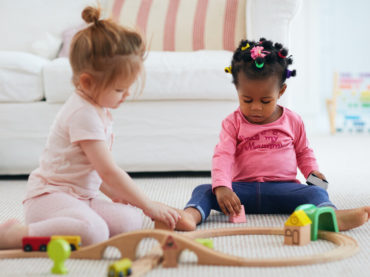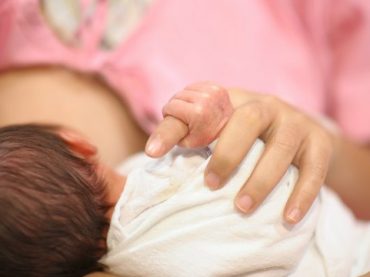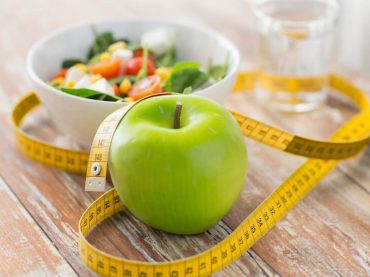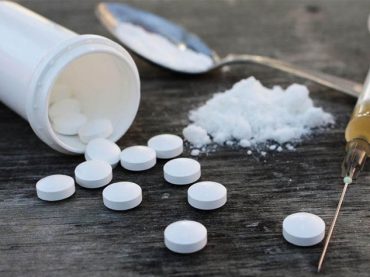Hurricane Preparation
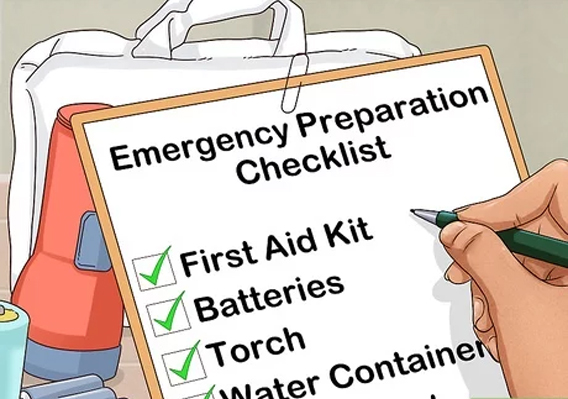
Hurricanes are powerful tropical weather systems with clear circulation and winds of 74 miles per hour or higher. When hurricanes move onto land, they sweep the ocean inward. They can cause tornadoes. They make heavy rains and floods. Hurricanes are grouped into categories based on the wind speed. The stronger the wind speed, the higher the category. Most damage caused by hurricanes is from flooding, not the strong winds.
North Carolina’s coast is one of the nation’s areas most open to a direct hurricane strike because its coastline extends out. All areas of the state – from coastal and sound counties to the mountains – have been impacted by hurricanes in the past 20 years. Heavy winds, tornadoes, strong thunderstorms, flooding, storm surge and landslides can all be caused by hurricanes causing tragic damage.
The Atlantic Hurricane Season runs from June 1 to November 30 with the peak season from mid-August to late October.

You can use also the Plan, Prepare, Stay Informed
Make a Plan
You and your family members may not be in the same place when an emergency happens. It is important to plan ahead and talk about what you will do before, during and after an emergency. You need to talk about how will you get to a safe place, get in touch with each other and get back to each other.
During the COVID-19 pandemic, you should make advance plans to stay with family or friends who live in a safe place, or at a hotel. Staying at a shelter with a large number of other people is not a good option duing the pandemic. Shelters should be considered only if you have no other options.
Your plan should contain:
- Phone numbers of a pre-assigned contact person for family members to call
- Where to find information on shelters (television, radio, this website)
- How to be safe if you stay in your home during an emergency
- What to do with your pets
- Thoughts about any older adults or those with functional needs in the home
Mold your plans for your family’s needs. Think about creating a group of neighbors, friends or family to help each other in emergencies. Talk how that group can help each other connect, care for children, pets or other needs.
Knowing how you will respond to an emergency at home, school or work will help you remain calm, think clearly and react well. Being ready helps you and your family. It also lowers the workload of fire fighters, police and emergency medical workers.
How To Prepare
GET A KIT
The time to put an emergency kit together is before a disaster.
An emergency kit is a container of items your family may need in or after an emergency. Most of the items can be found in your house. It is important to put them in one place. Be sure every family member knows where the kit is kept.
You need to put enough water, food and supplies in your kit for three to seven day for each person and pet. You may be on your own for hours or even days after a disaster. Being ready for an emergency helps you and your family to survive. It also allows police, fire fighters and emergency medical workers to help those who need it most.

